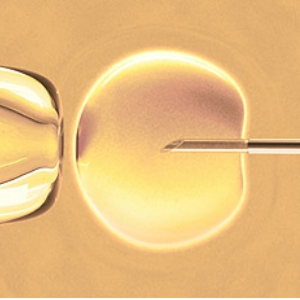
As many as 20% of infertile couples in the United States have unexplained reasons for their infertility.
Now, new research led by Catherine Racowsky, PhD, director of the Assisted Reproductive Technologies Laboratory at Brigham and Women's Hospital (BWH), shows that exposure to BPA (Bisphenol-A) could be a contributing factor to why some infertile couples are having difficulty conceiving. The study will be published online on July 31, 2013 in the journal Human Reproduction.
"To our knowledge, this is the first study that has shown that BPA has a direct effect on egg maturation in humans," said Dr Racowsky. "Because exposure to BPA is so ubiquitous, patients and medical professionals should be aware that BPA may cause a significant disruption to the fundamentals of the human reproductive process and may play a role in unexplained infertility."
The randomised trial examined 352 eggs from 121 consenting patients at a fertility clinic. The eggs, which would have otherwise been discarded, were exposed to varying levels (20 ng/ml, 200 ng/ml and 20 ng/ml) of BPA in a laboratory setting. An egg from each patient was not exposed to BPA and served as the control.
Researchers then examined the eggs and found that exposure to BPA caused:
• A decrease in the percentage of eggs that matured.
• An increase in the percentage of eggs that degenerated.
• An increase in the percentage of eggs that underwent spontaneous activation, the abnormal process when an egg acts as though it has been fertilized, even though it has not been.
As the BPA dose increased, there was a decreased likelihood of maturity, an increased likelihood of degeneration and an increased likelihood of spontaneous activation. Additionally, among the mature eggs, there was a significant trend toward a decreased incidence of bipolar spindles and aligned chromosomes with an increased dose of BPA. Researchers note that these results are similar to the previous research examining the impact of BPA exposure on animal eggs.
Racowsky said, "Our data show that BPA exposure can dramatically inhibit egg maturation and adds to a growing body of evidence about the impact of BPA on human health. I would encourage further research to gain a greater understanding of the role that BPA plays in infertility."




 Publications
Publications
 Partners
Partners









